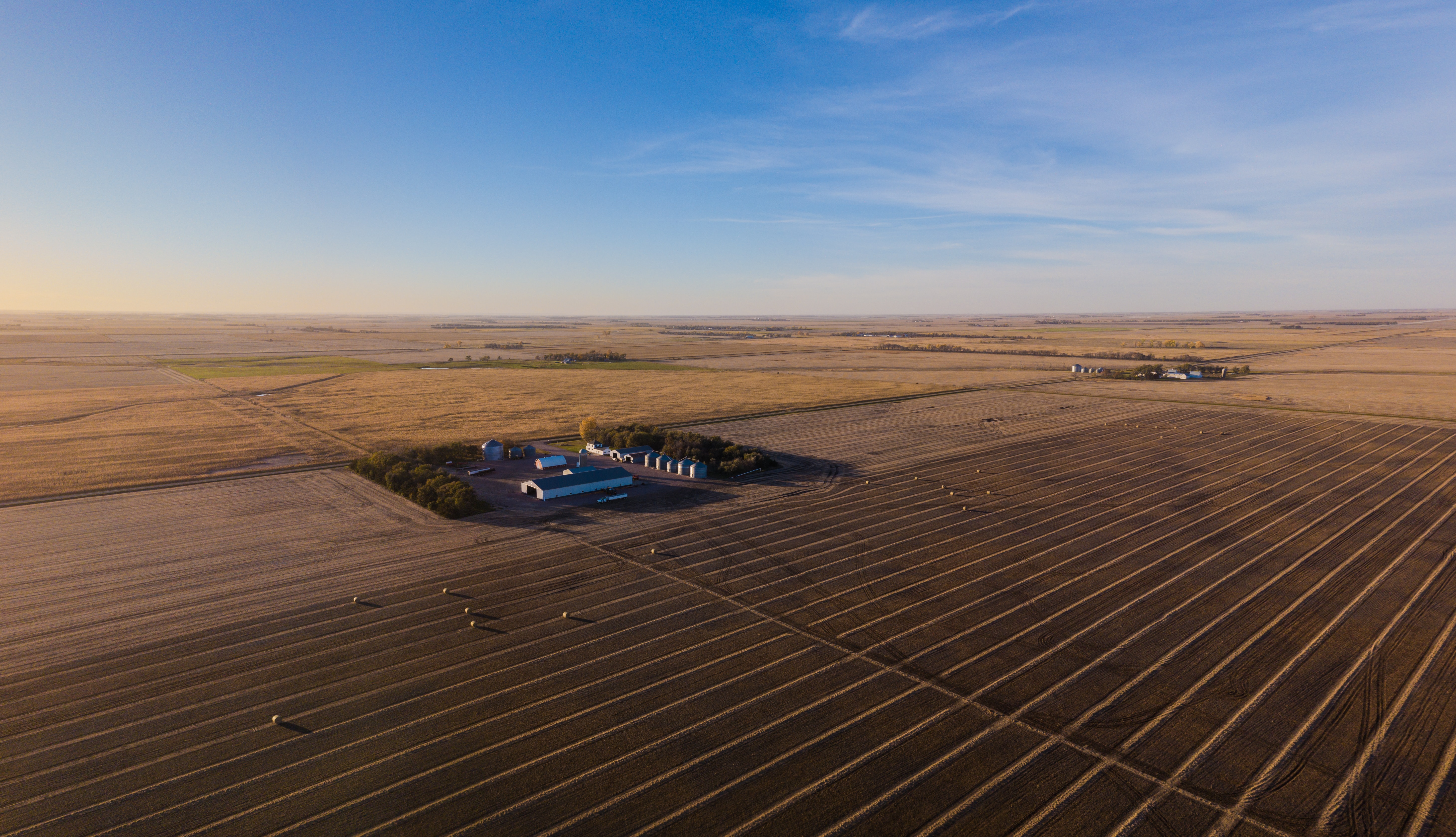Brandable: 'Meth. We're On It.'

There’s no confusion as to why South Dakota’s latest anti-methamphetamine campaign drew some mixed reactions from consumers. When news of the campaign—which runs with the tagline, “Meth. We’re on it.”—first hit media outlets, consumers questioned whether the state was working at cracking down on the meth epidemic, or whether residents were taking the drug. Unfortunately, both answers were correct.
The campaign, launched by Gov. Kristi Noem and created by Minneapolis-based marketing and ad agency Broadhead Co., carries messaging that points to a grim reality for residents of the state, which, the campaign supports, have nearly all felt the negative effects of methamphetamine use. According to the 2018 Statewide Drug Statistics report, South Dakota saw 3,684 arrests for methamphetamine-related offenses that year, with more than 45,918 grams, or 101 pounds, of meth seized. According to The Federal Bureau of Investigations’ Crime Explorer, half of all arrests made in South Dakota are drug-related, compared to a 29-percent national average. The state’s rate of violent crime offenses is 404.7 per 100,000, making it higher than the U.S. national average of 380.6 per 100,000, which may or may not be correlated.
So far, the Department of Social Services has spent $449,000 on the campaign, with a cap of $1.4 million established in the state’s contract with Broadhead, according to Argus Leader. The campaign takes a bold approach to the drug epidemic, indicating the use of “we’re” in the tagline to show the drug affects people of all ages, demographics and backgrounds. This fact is communicated through posters, billboards, a website and a TV commercial with images reflecting different profiles of people affected. Also part of the campaign is South Dakota’s $1 million 2020 budget for meth treatment services and more than $730,000 allocated for meth prevention efforts in the state’s schools. South Dakota has also established meth taskforces in Pennington County—the county with the highest incidence of meth-related arrests in 2019—and Sioux Falls.
–––––––––––––––––––––––––––––––––––––––––––––––––––––––––––
Danielle Renda is associate editor of PPB.

